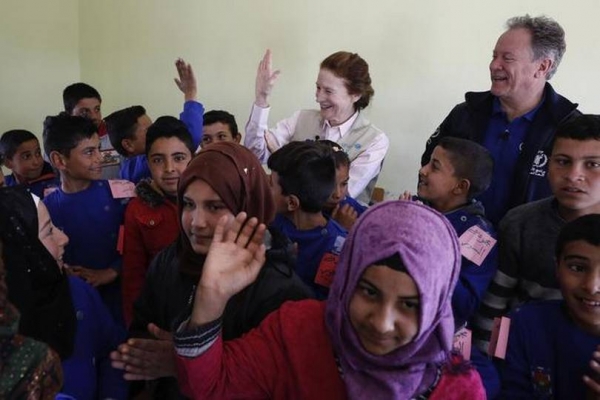Unfortunately, it is obvious that when a pandemic hits a country already damaged by violence, those who suffer the most are the weakest individuals.
This category includes children, besides old and sick people. The scary part is that the parties involved in a conflict do not seem to grasp the importance of being united at this moment.
This is a global concern and despite being a worldwide phenomenon, it hits above all the poorest countries or the countries weakened by conflicts. UNICEF Executive-Director Henrietta Fore invited all parties involved to stop the violence as it becomes almost impossible to fight the disease while conflicts are still ongoing. One month ago, General-Secretary of the United Nations (UN), António Guterres, expressed the same concern and asked for a ceasefire. A UN research suggested that the danger of the pandemic adds up because of the poor conditions some children are used to living even before the spread of the virus. However, this year both elements together could cause hundreds of thousands of additional child deaths. In addition, the lockdown is not a good solution for everybody: since schools are closed, many children must face domestic violence and abuse. Furthermore, as health service is becoming overwhelmed, access to health and care facilities risks to be reduced for children in need.
With respect to this serious situation, Mrs. Fore comments that “a ceasefire could mean the difference between life and death” for children. If these internal clashes could be stopped, vital infrastructure such as health centres and water and sanitation systems would not be hit by violent attacks and professionals could focus on curing people suffering from COVID-19.
To learn more, please read:
https://frontline.thehindu.com/dispatches/article31311314.ece
https://news.un.org/en/story/2020/04/1061962
Author: Giulia Francescon; Editor: Shrabya Ghimire







